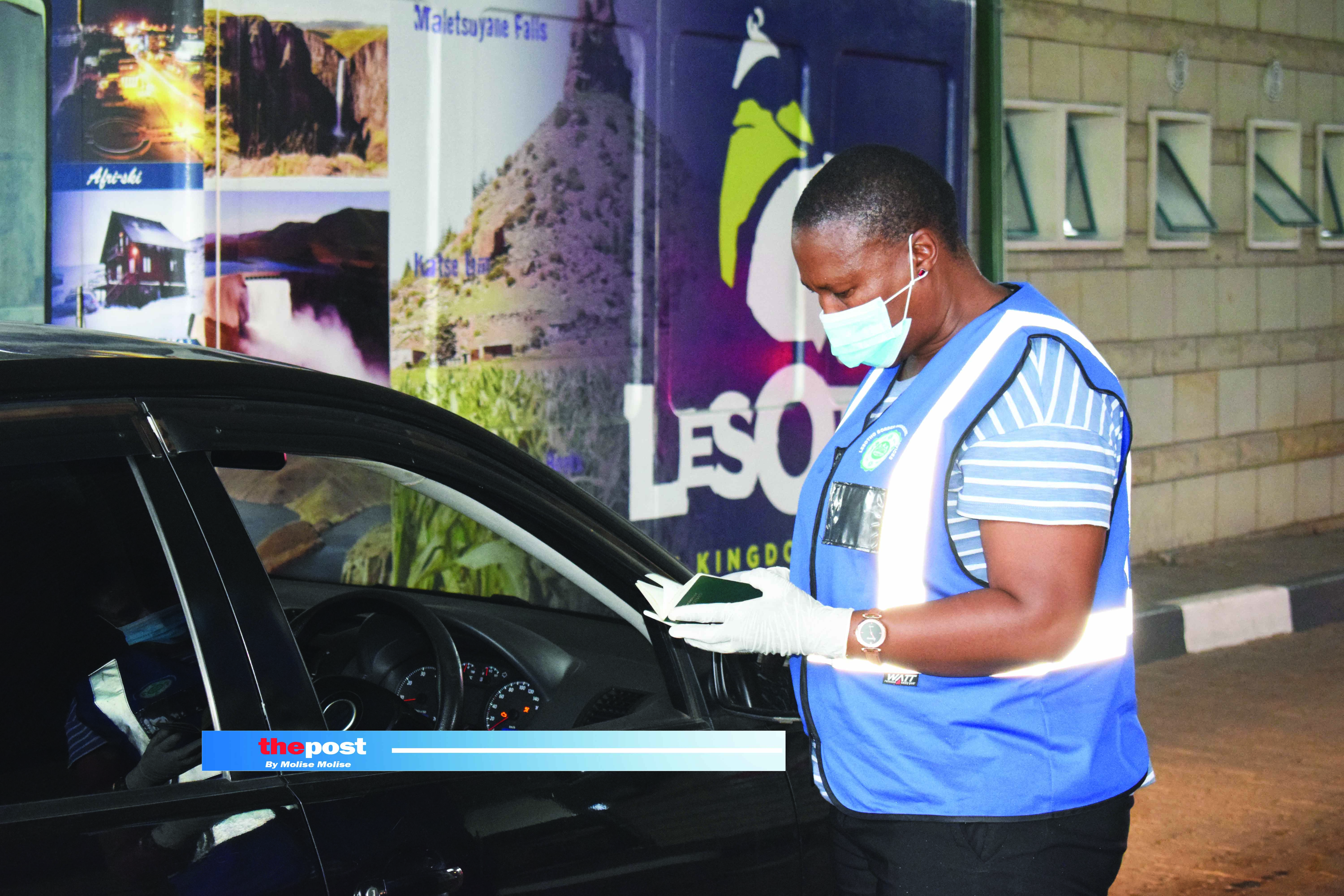LESOTHO’S ambassador to Canada, Molise Tšeole, has been fired over a Facebook post criticising the government.
Tšeole was fired on Wednesday, the same day he was found guilty after a virtual disciplinary hearing held last Friday.
Tšeole was informed of his termination by Principal Secretary of Foreign Affairs, Thabang Lekhela. Lekhela said the Tšeole’s termination and recall from the embassy in Canada was with immediate effect.
The letter instructs Tšeole to wrap up his affairs and “report to the Headquarters on or before” May 7.
Tšeole got himself in hot water after he made a Facebook post, on April 13, disparaging the government.
“This is the government of the rich. They see the poor as nothing,” Tšeole’s post reads.
“Now they take all the funds meant to help the people and share them among themselves.”
“There is no buying power, there is no money in circulation.”
The reaction from his bosses in Maseru was as instant as it was thundering.
Six days after that post Tšeole was before a disciplinary panel chaired by the Principal Secretary of the Ministry of Communications, Kanono Ramashamole.
He was accused of “failure to have absolute and undivided loyalty to the constitution and lawfully constituted government”.
Other charges were that he failed “to support and maintain the government of Lesotho according to the constitution and other laws of Lesotho”, “caused damage that brought public service into disrepute” and “wrote and circulated a vexatious statement with malicious intent”.
All charges emanated from Tšeole’s Facebook post.
The disciplinary panel found Tšeole guilty and ruled that he is not fit for office.
“The accused is not fit to continue to represent Lesotho internationally, therefore he must be recalled from the embassy,” Ramashamole said in the judgement.
During the virtual disciplinary hearing, parts of which were heard by thepost , Tšeole is heard questioning the credibility of the panel that tried him.
Tšeole kept having a back-and-forth with Ramashamole throughout the intense hearing
Tšeole told the committee that the proceedings should not be high-jacked, insisting that it should be held in a way that will make him feel satisfied.
“I want to know the reasons you are made the chairman of this committee,” Tšeole asked Ramashamole.
Ramashamole kept telling him that he should allow him as the chairman to speak but Tšeole kept talking.
“Do not interrupt me so that I read the charges for you. Let me work using the proper procedure,” Ramashamole said. But Tšeole kept interjecting.
Tšeole later kept quiet and Ramashamole read the charges.
He however argued that the case should be before the courts rather than the disciplinary committee.
Before Ramashamole could respond, Tšeole said he first had to be sure if the committee would bring justice to him.
“I want to be sure that your court is fairly constituted before anything else.”
Ramashamole tried to respond saying they were following the law but Tšeole said that was not true.
Tšeole said he wanted to be represented by a lawyer.
Ramashamole told him that if he did not allow the hearing to continue he would be denying himself a chance to defend himself.
Tšeole insisted that he wanted a legal representative.
Ramashamole told Tšeole that he would continue with the case despite his objections.
Tšeole’s lawyers, Astute Chambers, demanded that another hearing should be held within 48 hours from yesterday or else they would have “no other option but to approach the courts of law”.
Tšeole has written a separate letter appealing against the judgement, saying Ramashamole ignored him when he made it clear that he was not guilty.
“I was present at the hearing, I was willing to have a fair hearing,” he said.
“Your panel cannot make the decision as if I was absent.”
Nkheli Liphoto

 News2 months ago
News2 months ago
 News2 months ago
News2 months ago
 Business2 months ago
Business2 months ago
 News2 months ago
News2 months ago
 News2 months ago
News2 months ago
 News2 months ago
News2 months ago
 Insight2 months ago
Insight2 months ago
 Comment2 months ago
Comment2 months ago












































